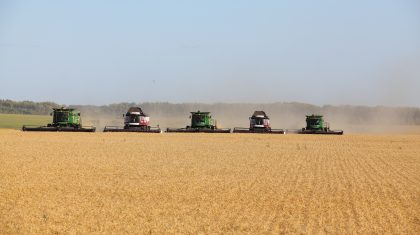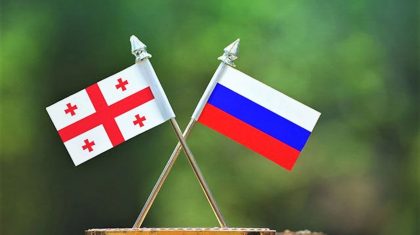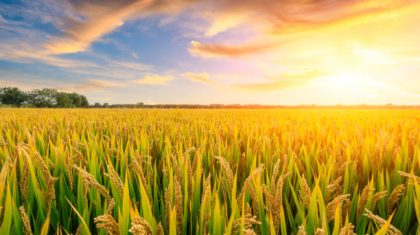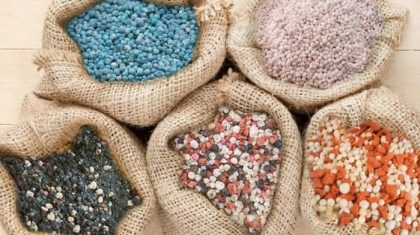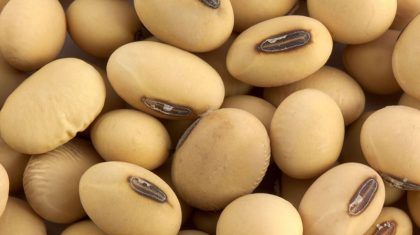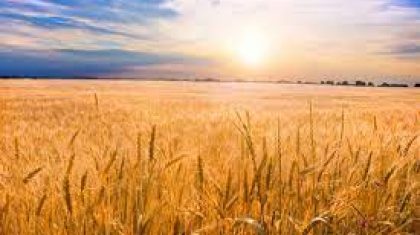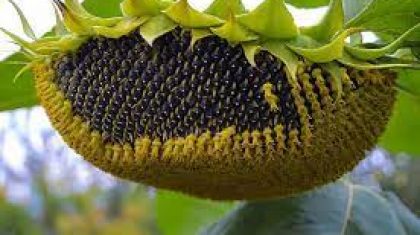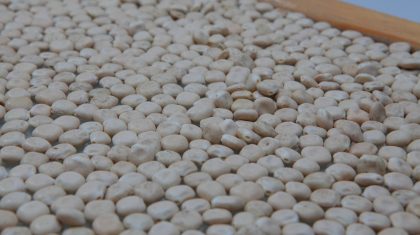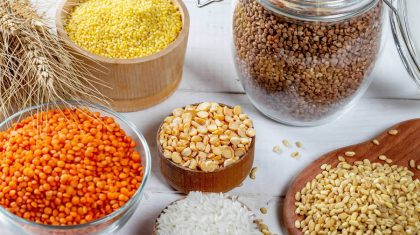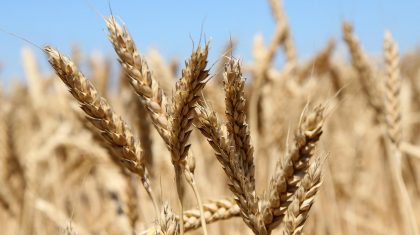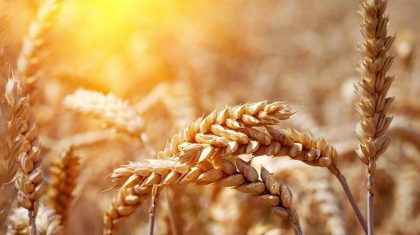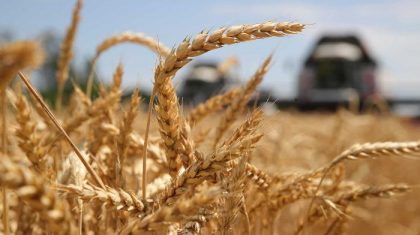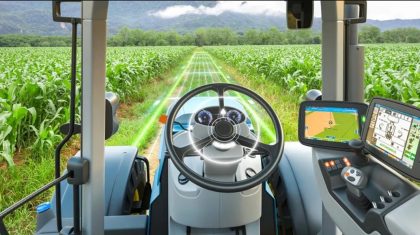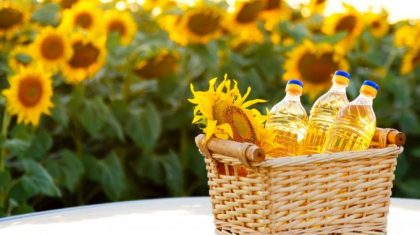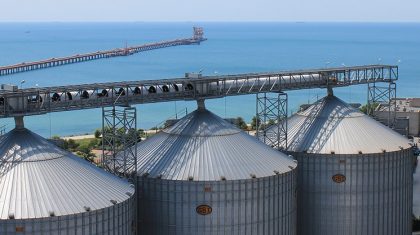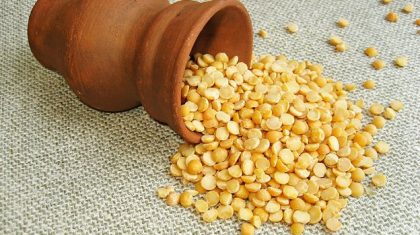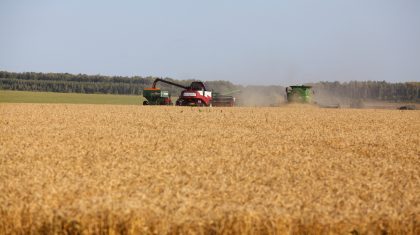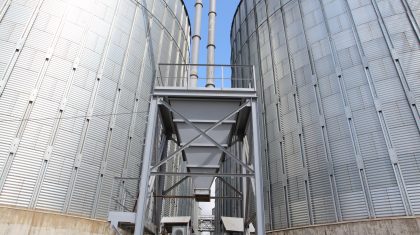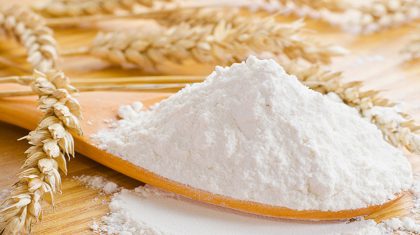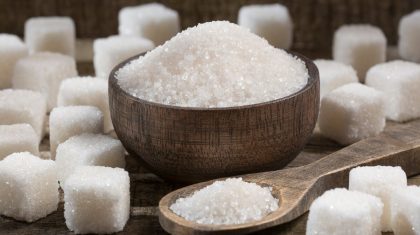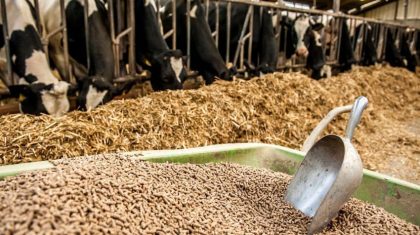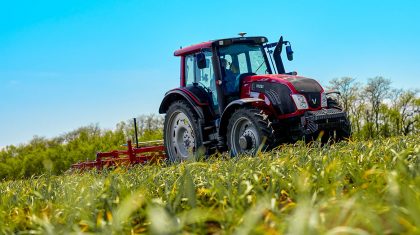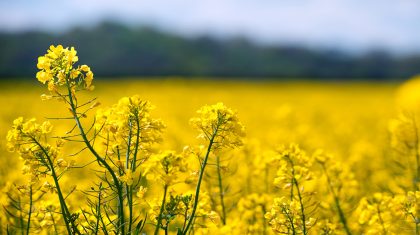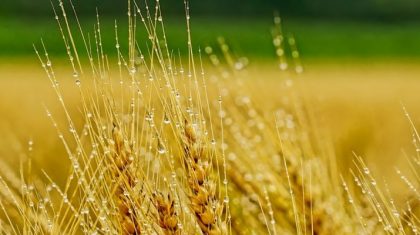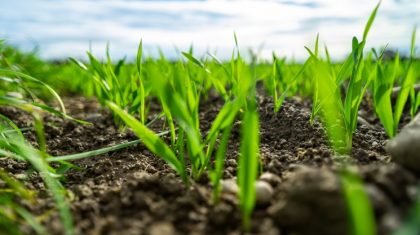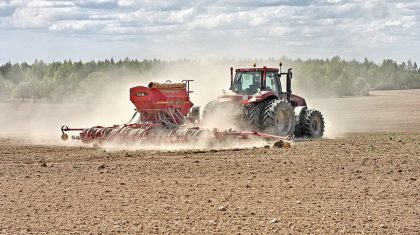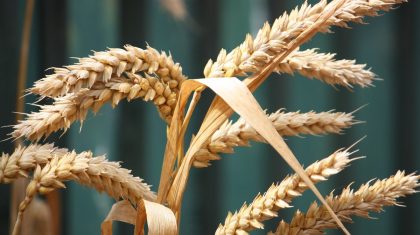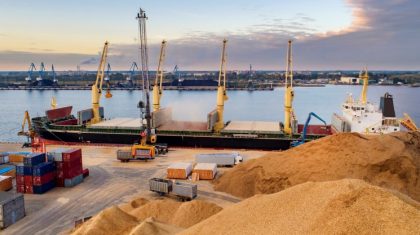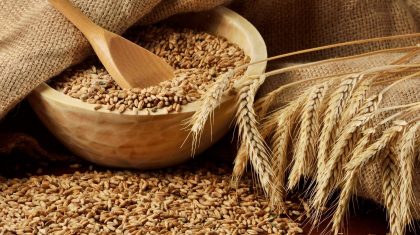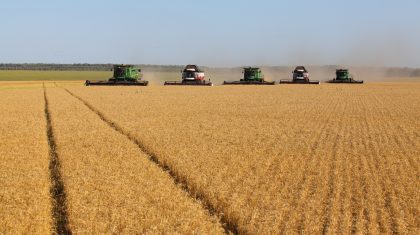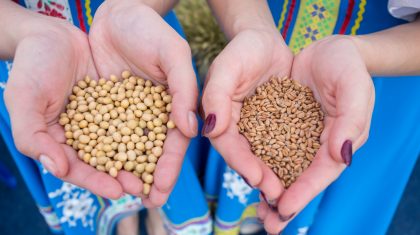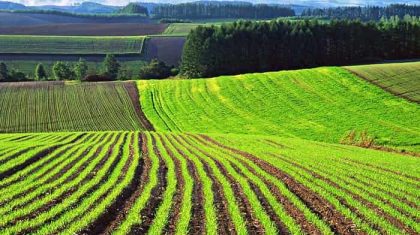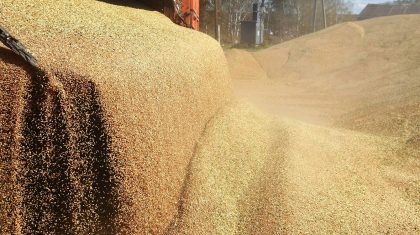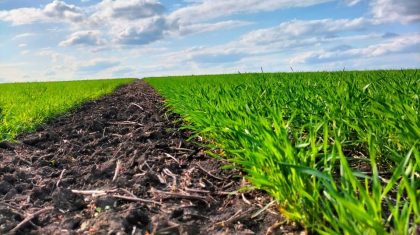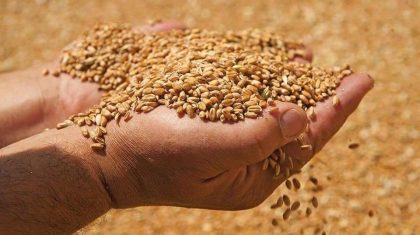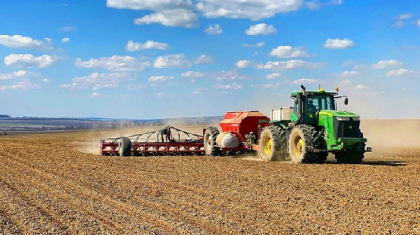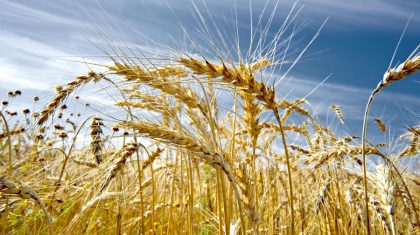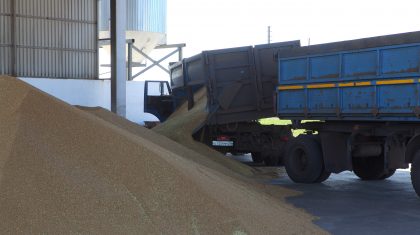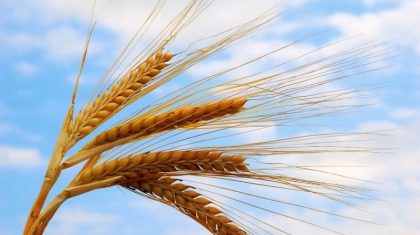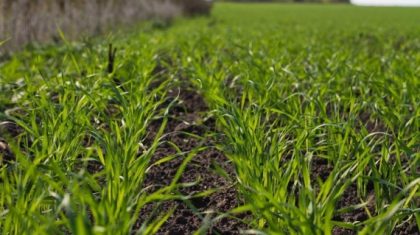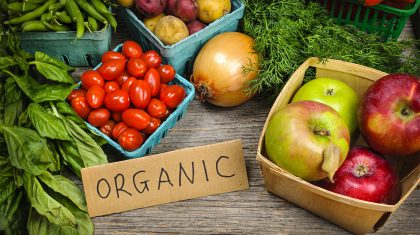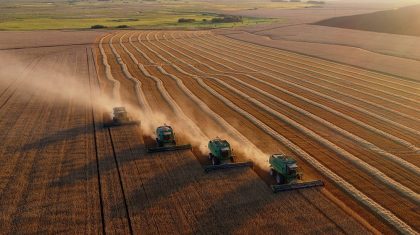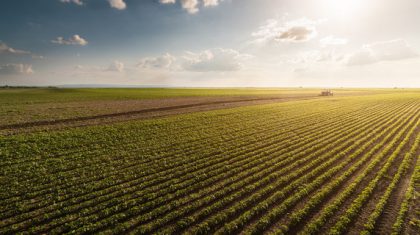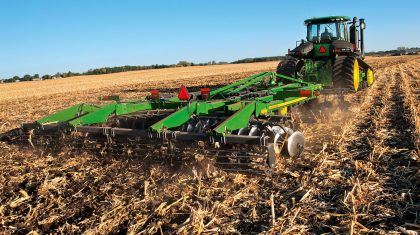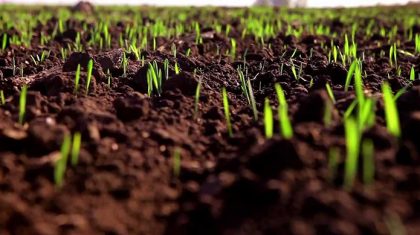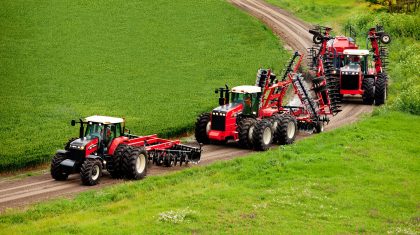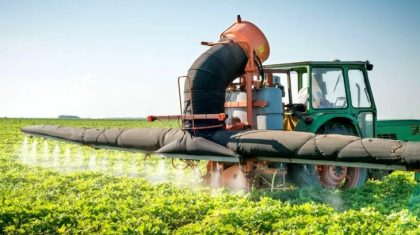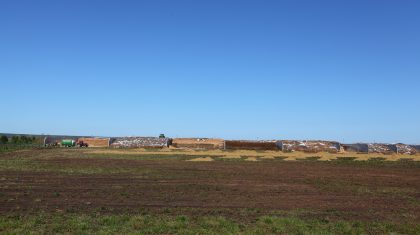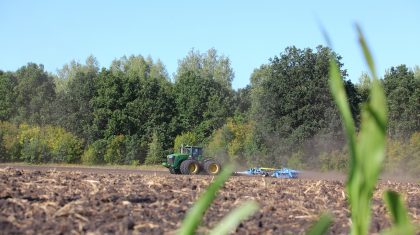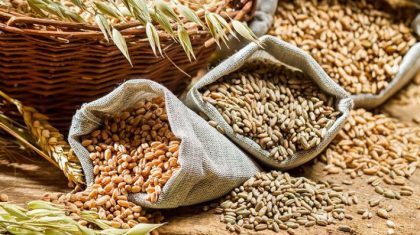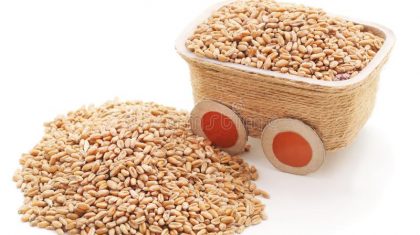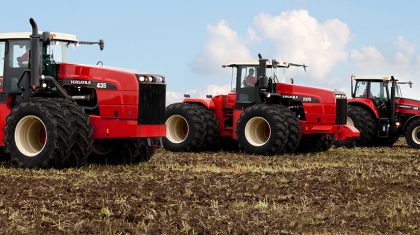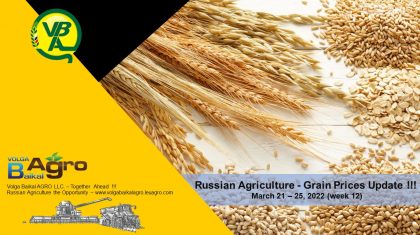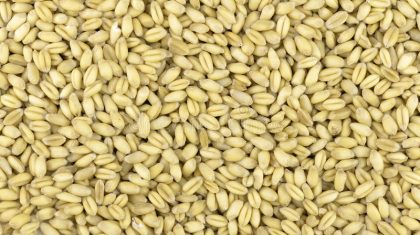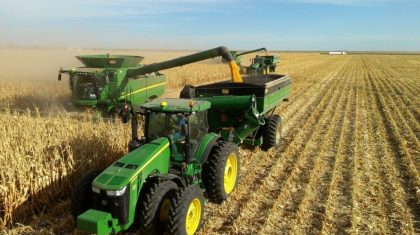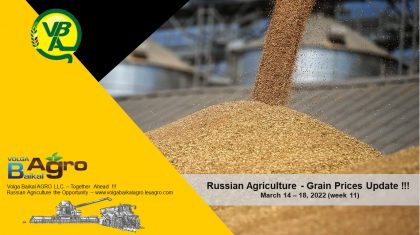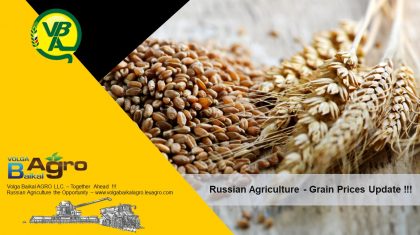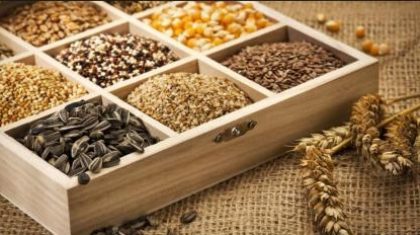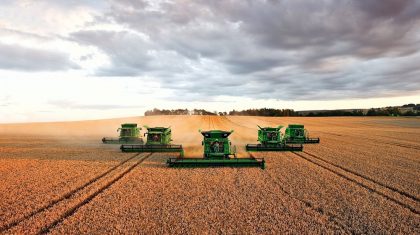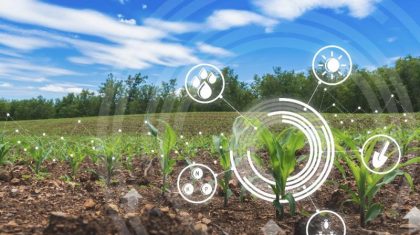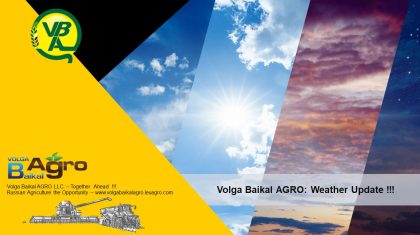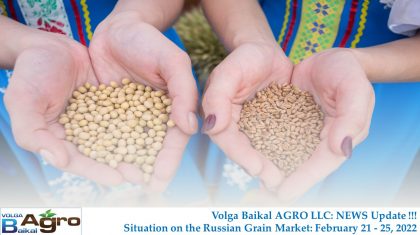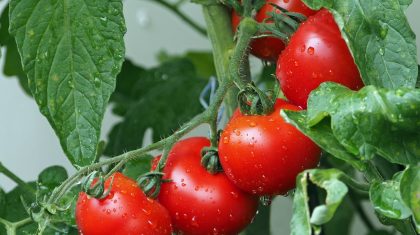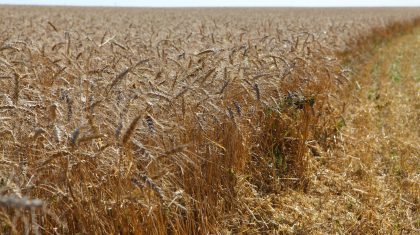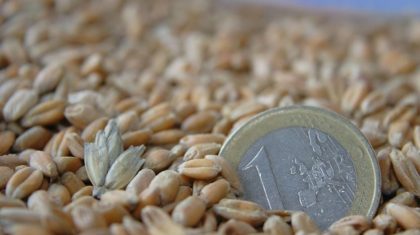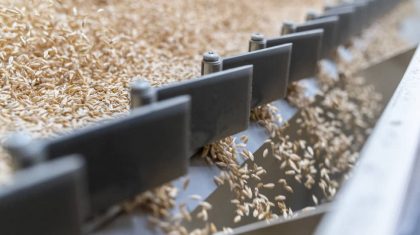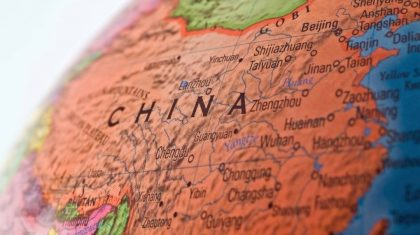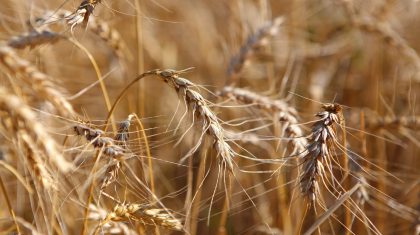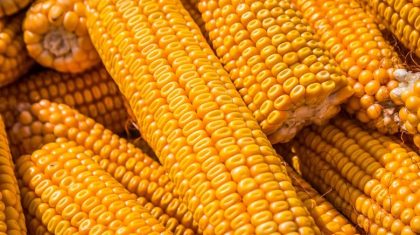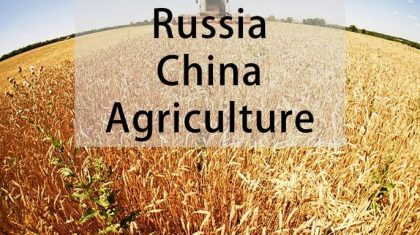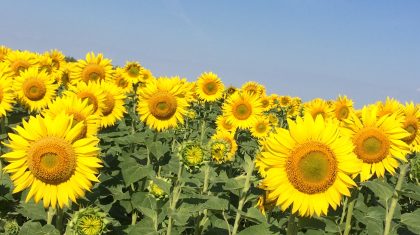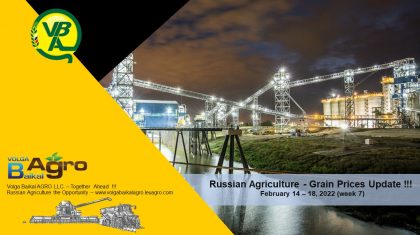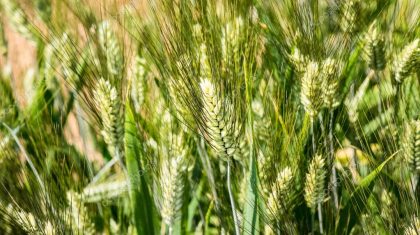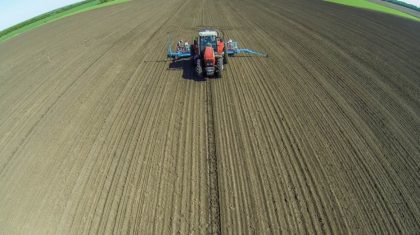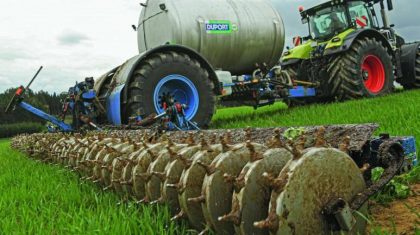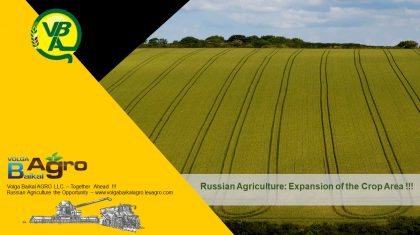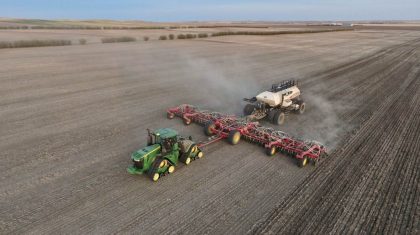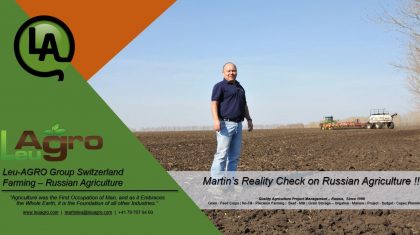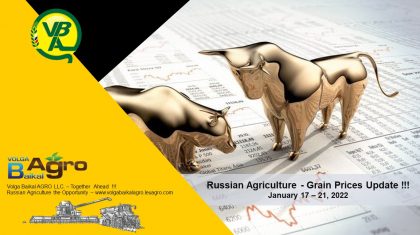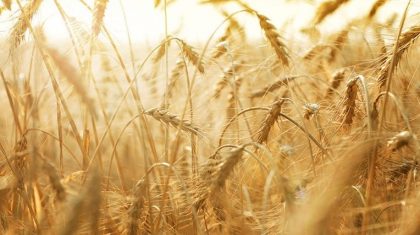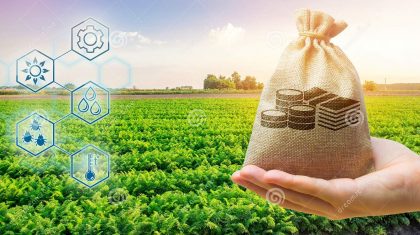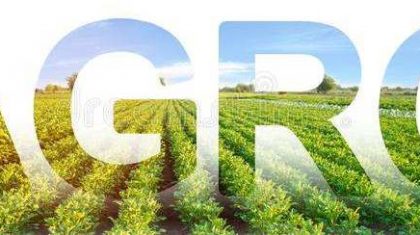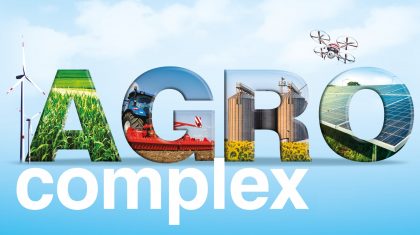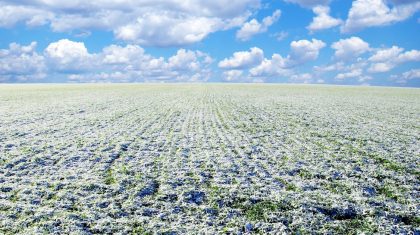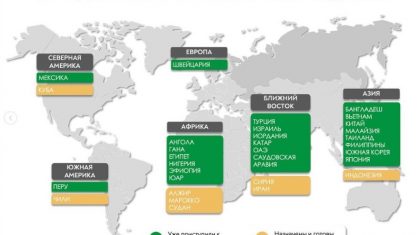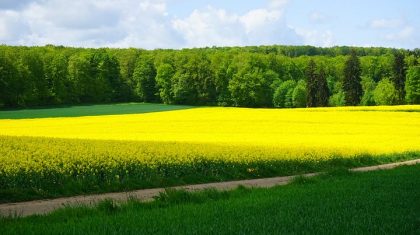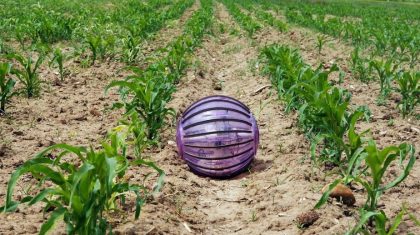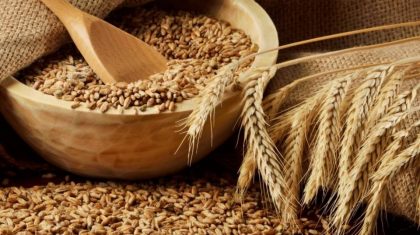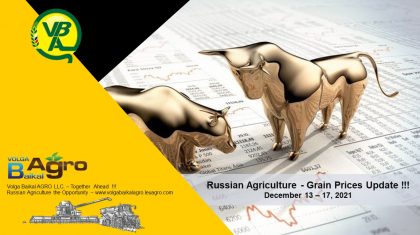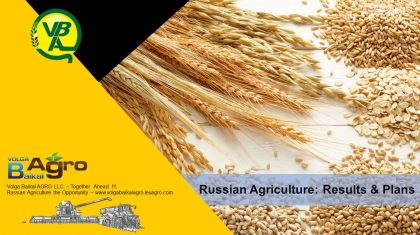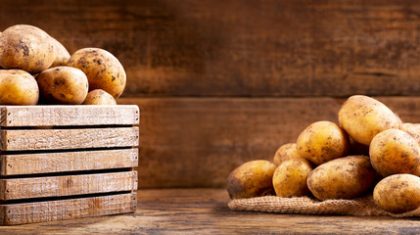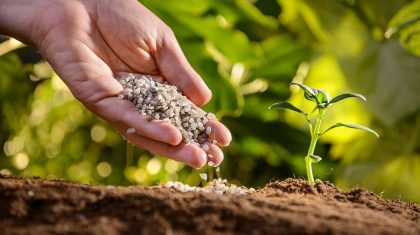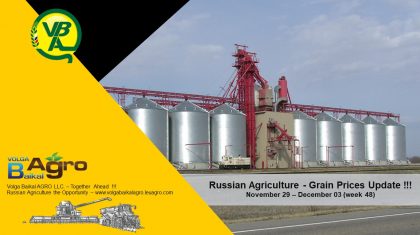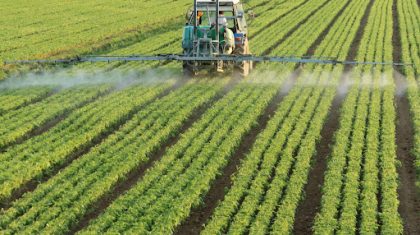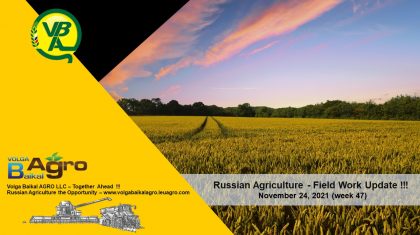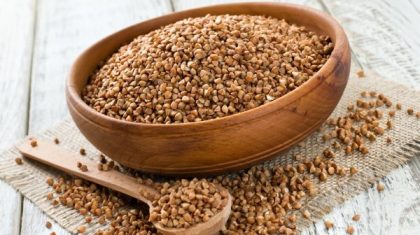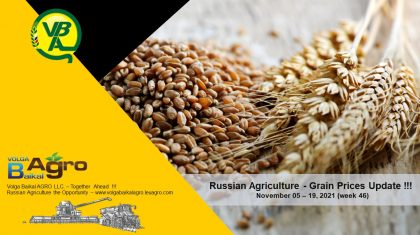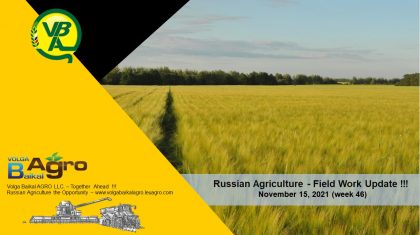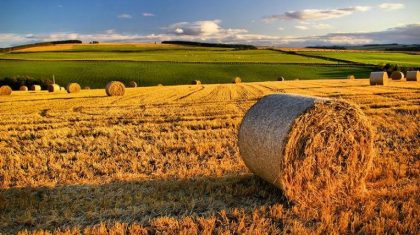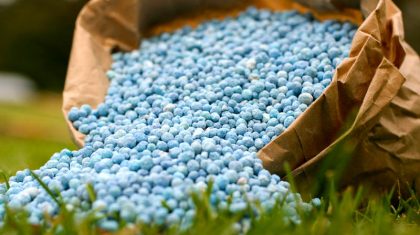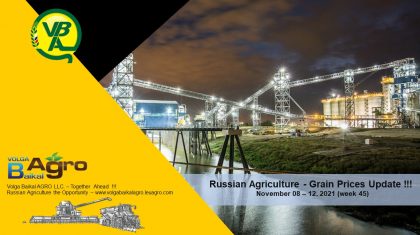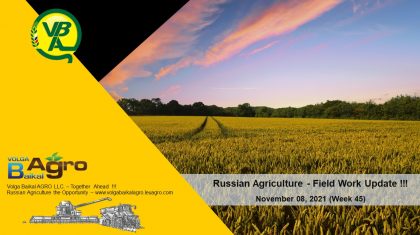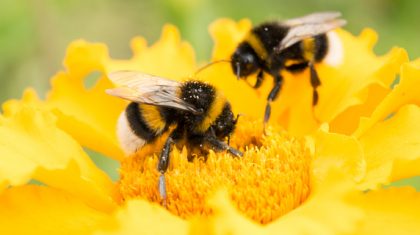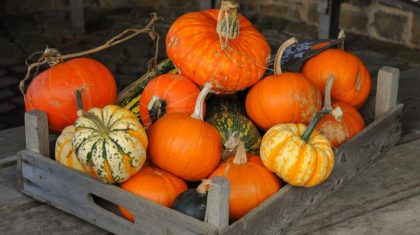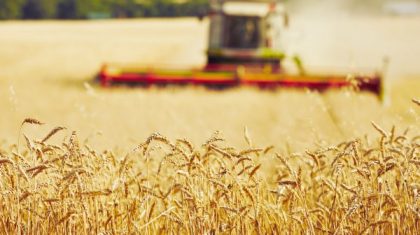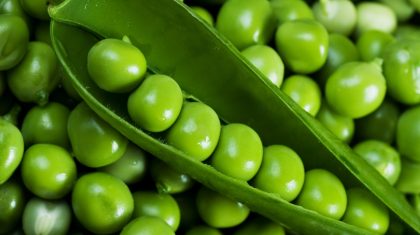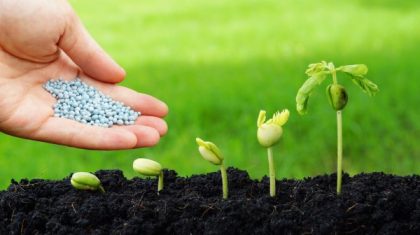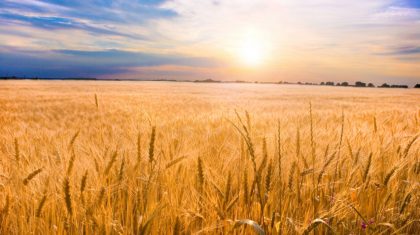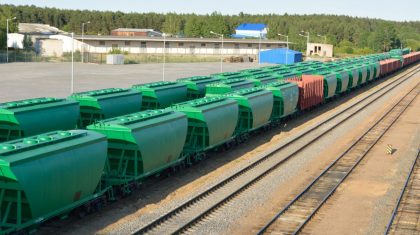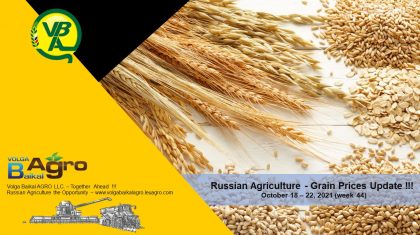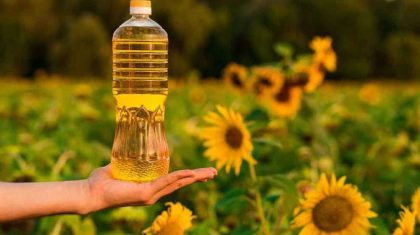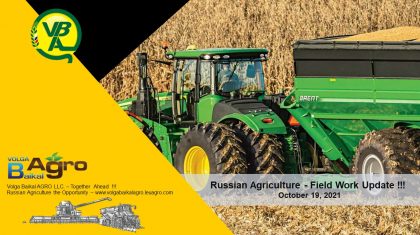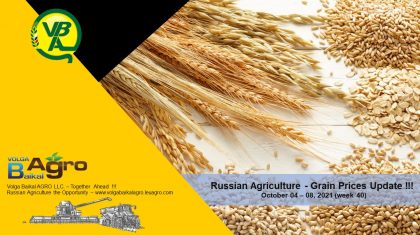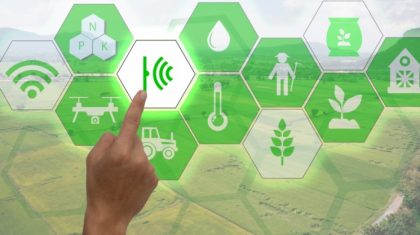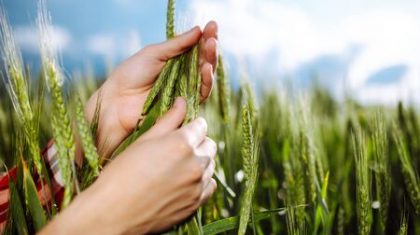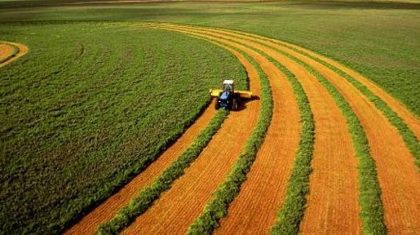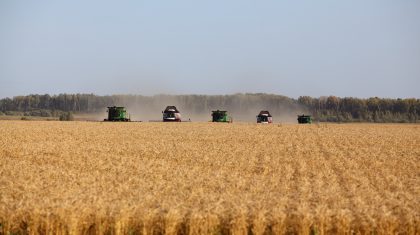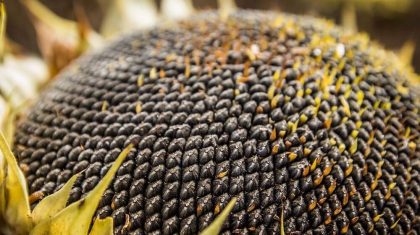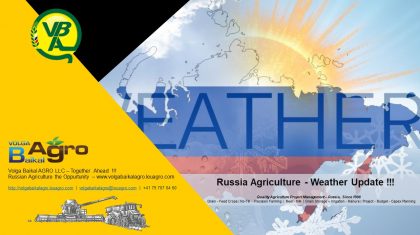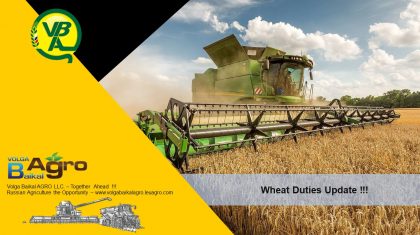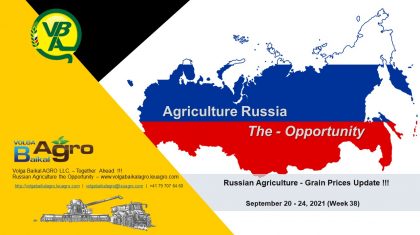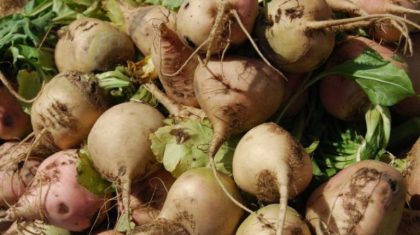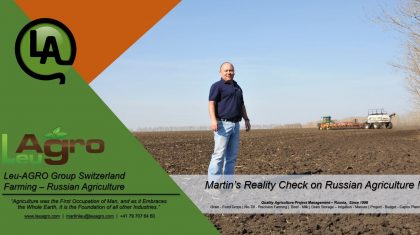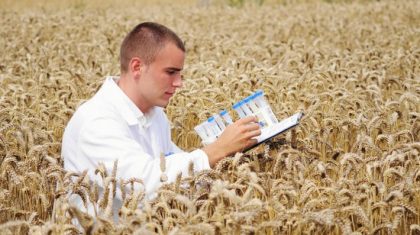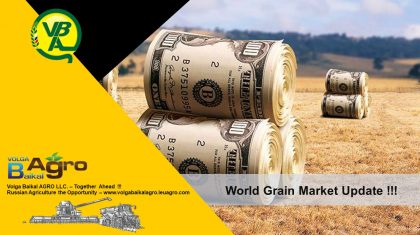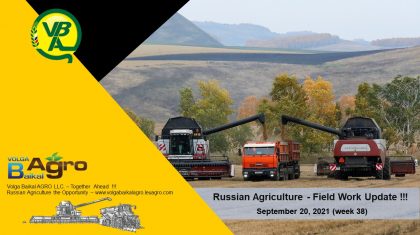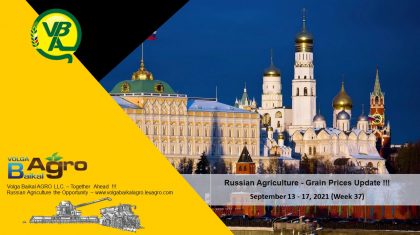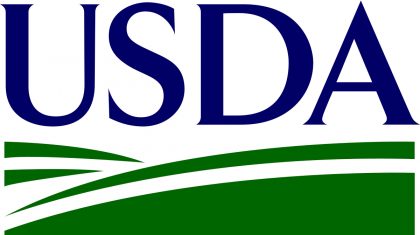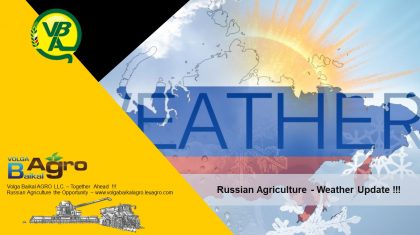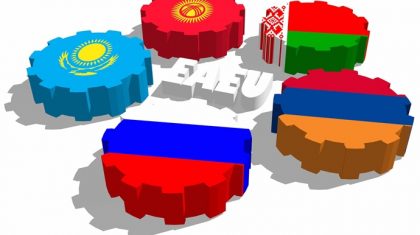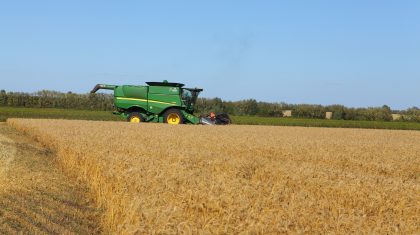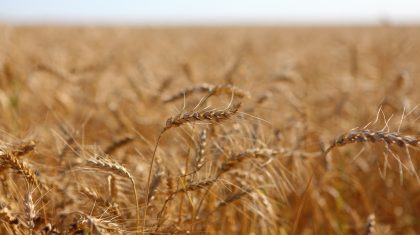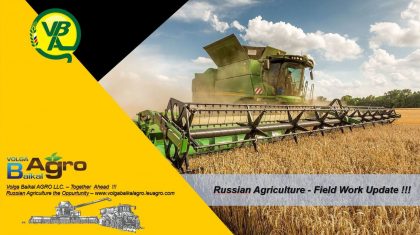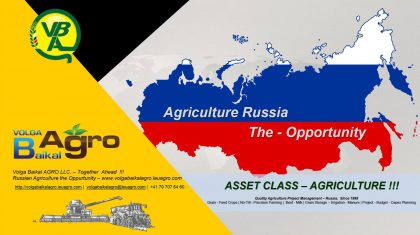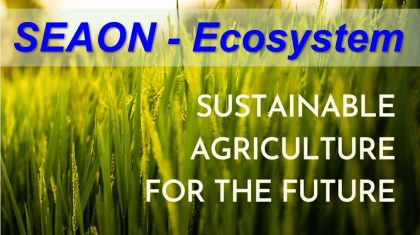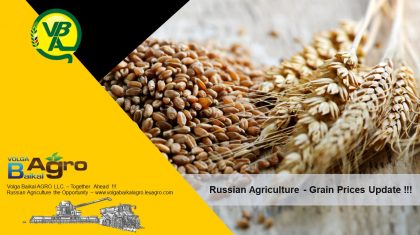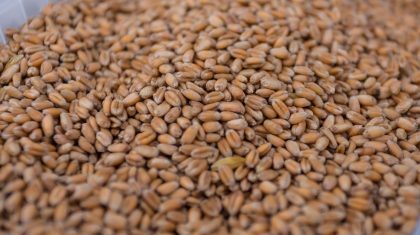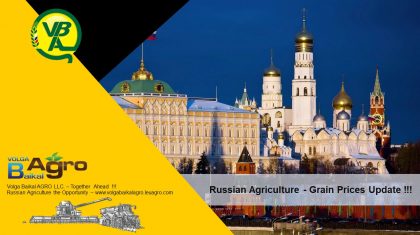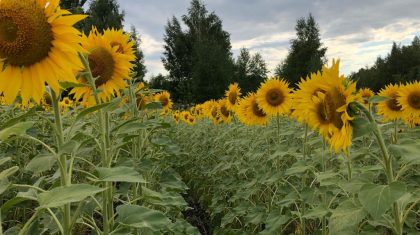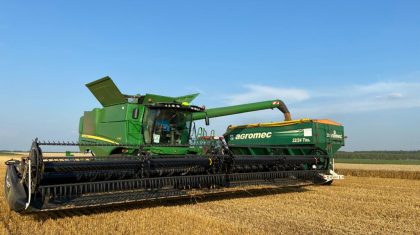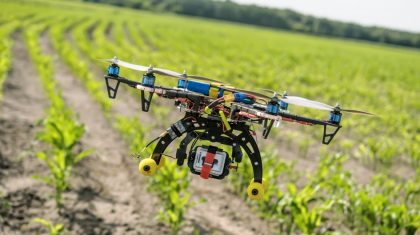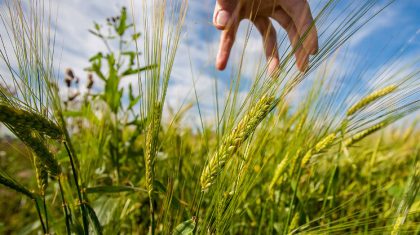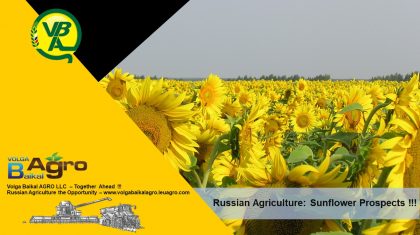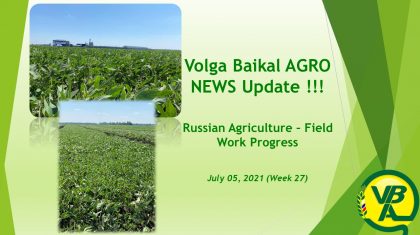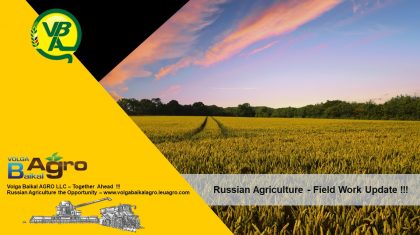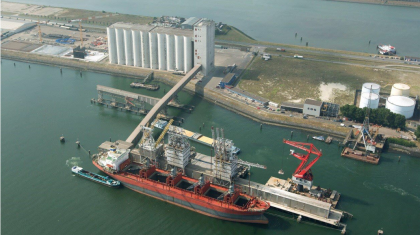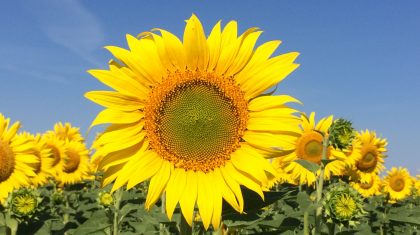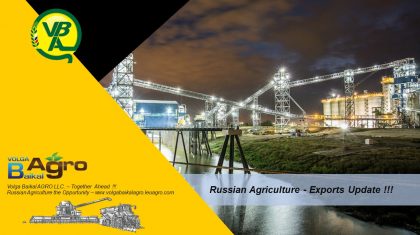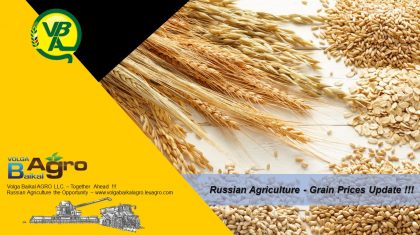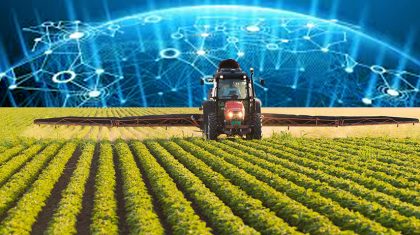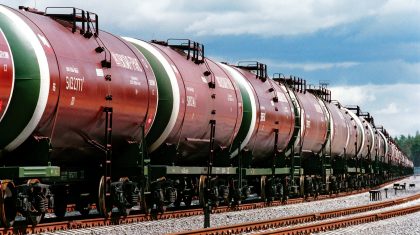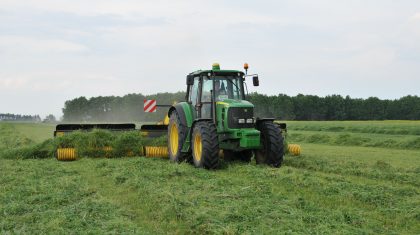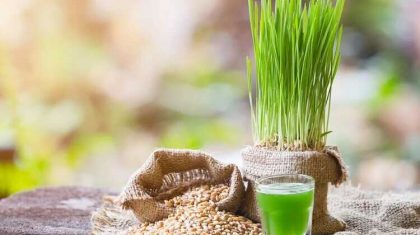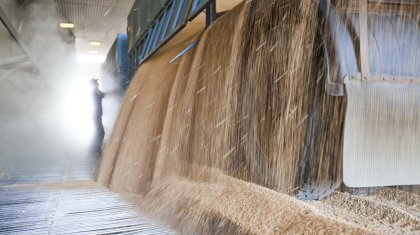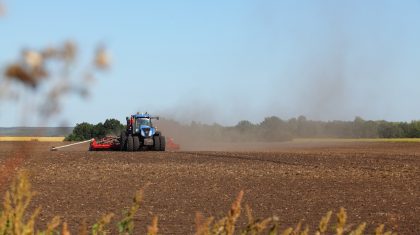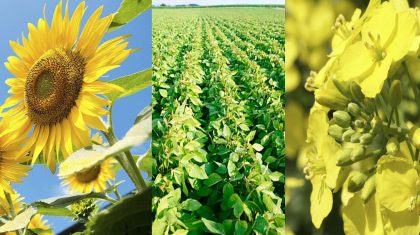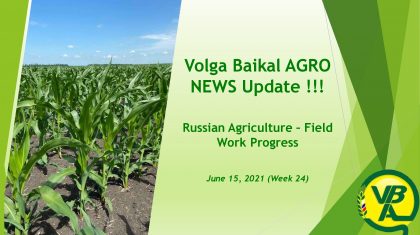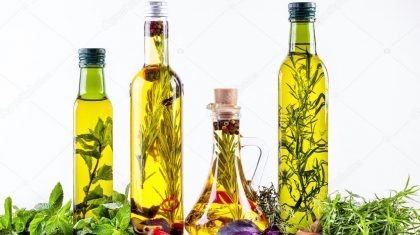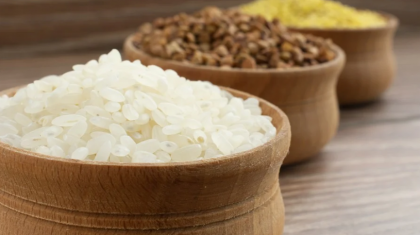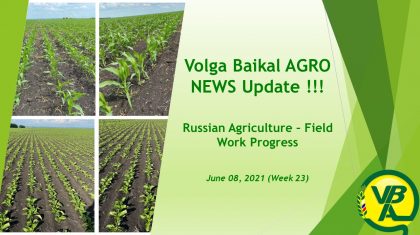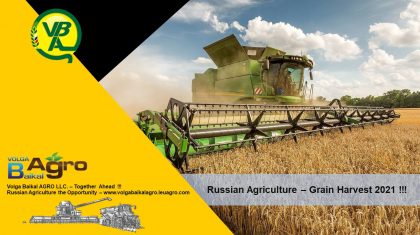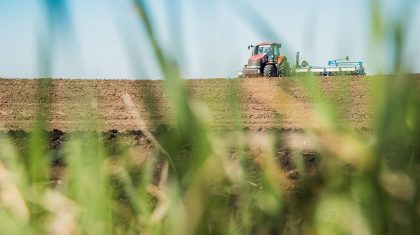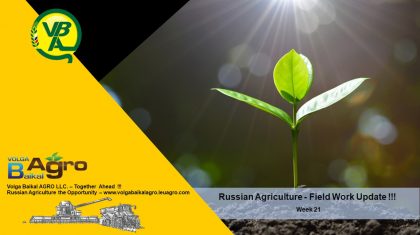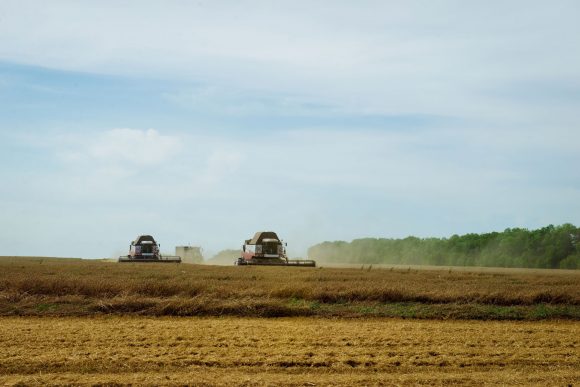
Volga Baikal AGRO NEWS Update on Kazakhstan Agriculture Development !!!
Kazakhstan ranks second in the world in terms of arable land area per capita and is the largest grain exporter. Currently, about 74% of the country’s territory is suitable for farming.
“Our economy is highly dependent on the agricultural sector,” says Ruslan Asaubayev, PHD Agricultural Sciences, member of a club of young experts at the Senate.
But despite its advantage in agriculture, Kazakhstan ranks 50th in the food security index out of 113 countries. It is based on the analysis of three groups of food security indicators:
- level of food availability and consumption;
- availability and sufficiency of food;
- the level of food quality and safety.
According to Vladimir Grigoruk, member of the National Academy of Sciences, the agricultural sector in the structure of the Kazakh economy occupies 5-7%, so the agro-industrial complex has little impact on the country’s economy.
According to the Ministry of agriculture, Kazakhstan exports agricultural products to 72 countries, including:
- to China – wheat, wheat bran, soybeans, alfalfa, rapeseed meal, barley, corn, flax seeds, wheat feed flour and wheat flour;
- Iran – wheat, barley, sunflower seeds, rapeseed and flax;
- to the CIS countries-fruits and vegetables, wheat, corn, rice, sunflower seeds, rapeseed and flax;
- to EU countries – wheat, flax seeds.
Before the pandemic, exports grew by almost 6.5% to $ 3.3 billion. However, in 2020, exports fell by almost 10% to $ 2.1 billion.
How the State supports farmers
In the field of crop production, various types of subsidies are provided, including:
- to develop the production of priority crops, including perennials;
- for the development of seed production;
- subsidizing the cost of fertilizers and pesticides, bioagents;
- subsidizing the cost of water supply services to agricultural producers.
The amount of subsidies is growing annually:
- in 2018 – 63.2 billion tenge was allocated;
- in 2019 – 65.4 billion tenge;
- in 2020 – 86.8 billion tenge.
But, nevertheless, state support for agricultural producers in Kazakhstan is inferior to measures in such developed countries as Germany, the United States, and France.
Some experts believe that in Kazakhstan, it would be possible to subsidize a complete departure from cotton, while its production is now subsidized.
What Kazakhstan needs to grow
Speaking about what crops need to be developed, experts agree that those crops that are in demand on the market are highly profitable and profitable for the agricultural producer. There is a demand for cereals on the world market, and Kazakhstan has its own specific place in the grain trade: wheat, barley, rye, triticale, corn. Today, there is a growing demand for oilseeds, and not only in sunflower – in rapeseed, flax, and other types of oilseeds. Alfalfa is a very promising area for the development of Kazakhstan’s economy. Now animal husbandry needs to produce feed. By increasing the volume of feed, Kazakhstan would also increase the production of milk and meat.
But to do this, Kazakhstan needs to solve a technical issue. Now about 70% of agricultural machinery is older than 15-17 years, tractors, combines are worn out, unproductive and unproductive. And in a sharply continental climate, the quality of equipment plays a big role. Due to the fact that the equipment is outdated, farmers often can not meet the deadlines: to process the soil in time,to sow, to harvest.
As of now the government of Kazakhstan is developing a program for the development of agriculture for the next 5 years. The program should be developed by 2021. The program will not be changed, you just need to implement it to the end.
“Now it is necessary to prepare a verified strategy for the development of the industry. A working group has been set up to develop this program, and deputies are also involved in this process. Here it is necessary to clearly formulate the right directions for further actions of the state within five years. You can’t make hasty decisions, you need to weigh everything and look at it. Adopt the program that will allow us to achieve export development, modernization of production, introduction of new technologies, and increase productivity, ” Deputy Berik Ospanov emphasizes.
According to the Deputy head of the Auyl party Toleutai Rakhimbekov, for a new impetus to the agricultural sector, it is necessary to develop the infrastructure of agriculture. Now farmers are forced to buy what is necessary for production (fuel, seeds, fertilizers, pesticides, machinery) by small batches at a high price.
In developed countries, the focus is not on the production itself, but on the development of technologies, the introduction of new varieties, breeds, the creation of modern equipment, and scientific achievements. Accordingly, there was a question of training farmers.
“When farmers become specialists, the results change. The most important task of approaches abroad is to give the farmer not money, but knowledge and the appropriate tools for their application – machinery and equipment. The system of dissemination of knowledge and training of farmers is the most important task. If the farmer understands how and what to do and has the tools, he will not complain. He will clearly know how to get the best result, ” Deputy Berik Ospanov gives an example.
How agricultural business developped abroad
There were also problems in countries with a developed agricultural sector. For example, Argentina and Brazil used to have a high level of food imports. In the mid-50s, both countries began to develop agriculture through subsidies and innovations. By the 80s, they had become leaders in the export of agricultural products.
In Israel, at the dawn of independence, 95% of food was imported. Now the country has 95% coverage of domestic production. Israeli success has two pillars: innovation and cooperation.
In many countries, there are agricultural banks that specialize only in financing the agricultural sector, they are focused on the villagers.
Also, the chain between the manufacturer and a specific consumer is clearly established abroad. There, the producer knows that after producing a certain volume of products, he sells it at a certain price in a specific time. The consumer clearly knows that this product will always be on the table.
To close the chain between the producer and the consumer in Kazakhstan, it is possible to use the mechanism of guaranteed provision of socially significant food products to educational, health, and correctional facilities. Each region has a Social and entrepreneurial Corporation, which includes the regional stabilization Fund for food products. They could enter into futures contracts, thus providing farmers with money for future crops.






